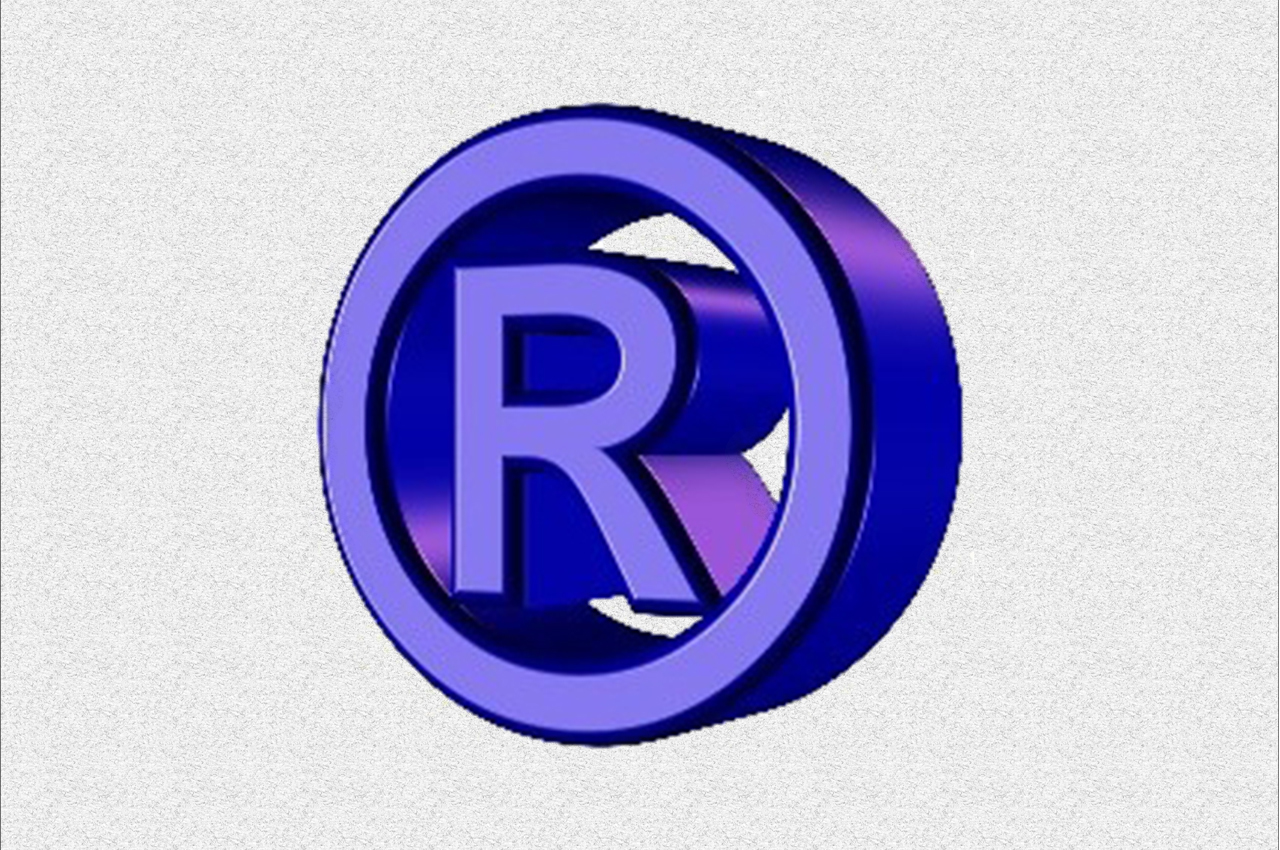Resources
Trademarkology
China Dunks on Michael Jordan
Michael Jordan has one of the best trademark brands in basketball and is by all accounts a worldwide legend. But, that didn’t help him prevent a Chinese company from registering multiple trademarks using a similar name and silhouette of a player on athletic shoes.
The Chinese company operates as Qiaodan Sports Co, where Qiaodan is a Mandarin version of Jordan and the name by which Michael Jordan is known in China. In addition to using the “Jump Man” silhouette, the company also uses Jordan’s jersey number â 23. Here is a photo of a Qiaodan Sports “China Authentic Retro Jordans Mens Shoes” advertised on the Alibaba website AliExpress with free shipping to the United States:

Now, here are Jordan’s authorized Nike shoes which also include a Retro Collection:

Michael Jordan asked the Beijing court to cancel Qiaodan Sports’ trademark registration but after several years of legal battles and multiple proceedings, he again lost. Jordan seems poised to appeal.
Knockoffs and imitators are prevalent in China. As more and more businesses operate on a global stage, there are two important trademark lessons that you can learn from Jordan’s epic battle with Qiaodan Sports Co.
Register your trademark in other countries in which you do business.
First, trademark rights generally start and stop at the borders. The fact that you have trademark rights in the United States does not automatically give you any rights elsewhere. In fact, most other countries give trademark rights to the first company to register a trademark and do not follow the U.S. model of protecting the first person to use a trademark. Therefore, if you are working with a Chinese distributor or manufacturer, or if you are selling into China, you should register your trademark in China.
Note, however, that a registration in mainland China might not be enough for your protection. Additional filings and registrations are recommended for separate countries and administrative provinces such as Hong Kong, Macau, and Taiwan.
If you file a U.S. trademark application, then you have a priority window of six months to file additional trademark applications in other countries under your U.S. filing date. This prevents a pirate from watching U.S. trademark filings (which they do), and beating you to the punch by immediately filing a foreign trademark application for the same mark.
Record your trademark with U.S. Customs and Border Protection
.
If someone is making knock-offs outside of the country and importing them into the United States, then that does implicate your United States trademark rights. U.S. Customs allows you to record your U.S. Trademark Registrations with Customs to help stop knock-offs at the ports of entry.

In 2014, Customs had 436 seizures of shipments resulting in $2.6 Million (MSRP) just in major sports league apparel according to the department’s statistical report. For all industries, there were nearly 25,000 seizures of over $1.2 Billion in merchandise.
If Jordan (or Nike) recorded their U.S. Trademark Registrations with Customs, which I have to assume they did, they will have some protection to try to get Customs to stop the Qiaodan shoes advertised by AliExpress from being shipped into the United States, notwithstanding Jordan’s ongoing legal efforts in China.
For all you Jordan fans out there, check out this montage of Top 10 Slam Dunks. At only 5’3”, I have no vertical leap, so am constantly amazed at how this man flies!
Read more from Trademarkology



